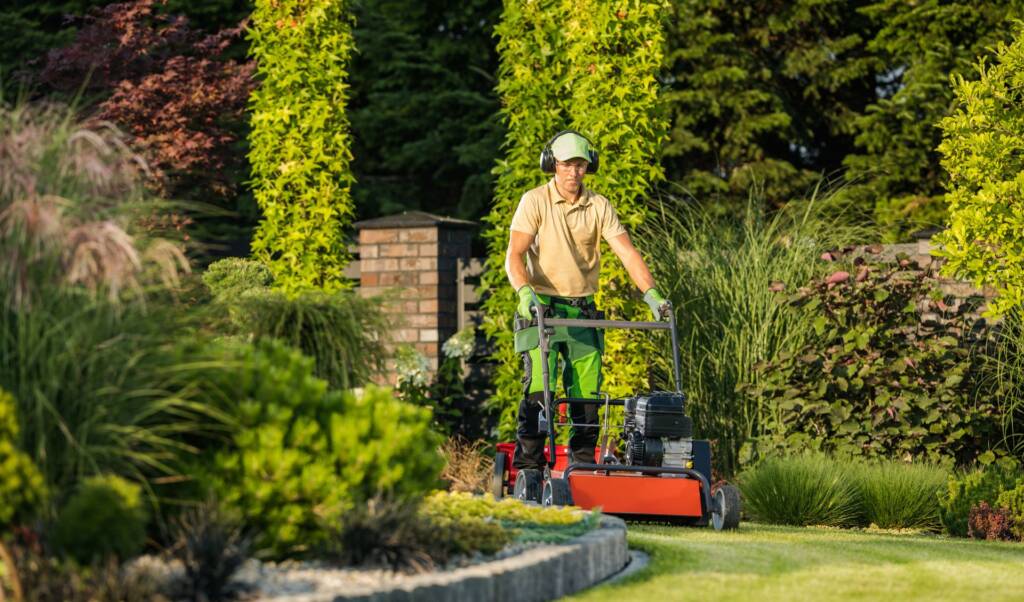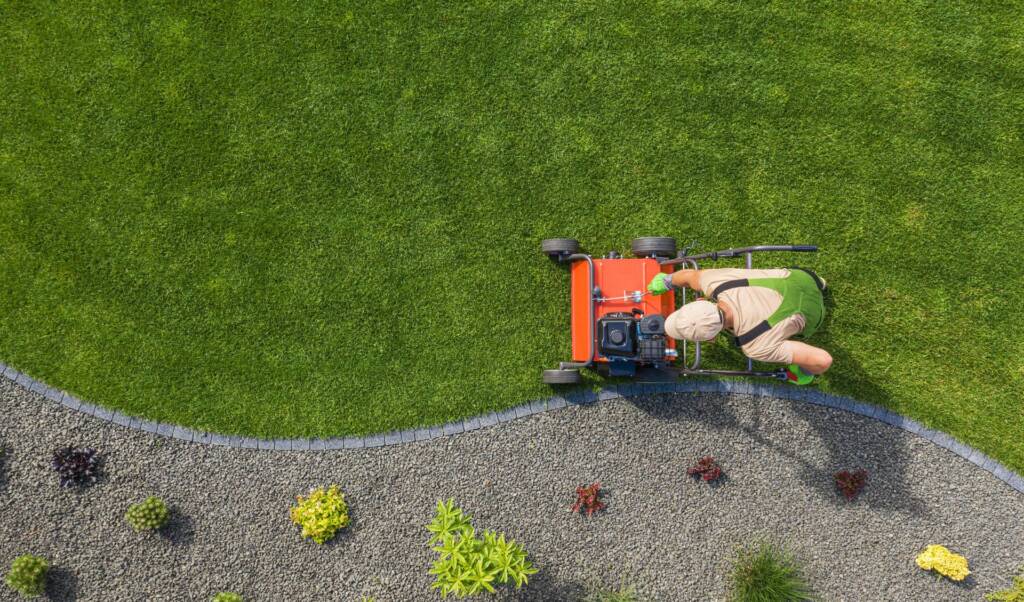Garden maintenance is the backbone of creating and sustaining a vibrant, healthy, and aesthetically pleasing outdoor space. It encompasses a variety of tasks, from routine care like watering and weeding to seasonal chores like pruning and mulching, all aimed at ensuring plants thrive and landscapes remain visually appealing. Whether you’re tending to a small home garden or a sprawling backyard, regular maintenance is essential for preserving the beauty, health, and functionality of your green space. Beyond its aesthetic benefits, consistent garden care also promotes environmental health, fosters biodiversity, and enhances the overall value of your property.
Essential Garden Care: Watering and Weeding
Weeding is another essential task that requires consistent attention. Weeds compete with garden plants for nutrients, sunlight, and water, potentially stunting their growth or even causing them to die. Regular weeding not only improves the appearance of your garden but also helps maintain a healthy environment for your plants. Techniques such as hand-pulling, hoeing, or applying organic mulch can effectively control weeds. Mulching, in particular, is a dual-purpose solution, as it not only suppresses weed growth but also regulates soil temperature, conserves moisture, and enhances soil fertility as it breaks down.
One of the most fundamental aspects of garden maintenance is proper watering. While it may seem straightforward, overwatering or underwatering can harm plants, causing root rot or dehydration. Understanding the specific needs of each plant species is critical, as some require consistently moist soil, while others thrive in drier conditions. Modern irrigation systems, such as drip irrigation or soaker hoses, have become invaluable tools for maintaining gardens efficiently. These systems ensure that water is delivered directly to the root zone, minimizing waste and promoting healthy growth. For those without automated systems, early morning or late evening watering is recommended to reduce evaporation and maximize water absorption.


Pruning is a critical component of garden maintenance that promotes plant health and encourages optimal growth. Removing dead, damaged, or diseased branches prevents the spread of infections and pests while enhancing the plant’s overall structure. Seasonal pruning ensures flowering plants and shrubs produce abundant blooms, while fruit trees benefit from improved air circulation and sunlight penetration. For hedges and ornamental plants, pruning is also vital for maintaining their shape and aesthetic appeal. While some plants require frequent trimming, others only need light pruning at specific times of the year, making it important to research the needs of each species in your garden.
Lawn care is an integral part of garden maintenance, particularly for homeowners who value a lush, green lawn as the centerpiece of their outdoor space. Regular mowing is necessary to keep grass at the ideal height, typically between 2.5 and 3.5 inches, depending on the type of turfgrass. Cutting grass too short can weaken the roots and make it susceptible to weeds and disease, while letting it grow too long may result in an untidy appearance and uneven growth. Aerating the lawn, usually in the spring or fall, helps alleviate soil compaction and promotes healthy root development. Additionally, applying fertilizer and overseeding as needed ensures a dense, healthy lawn that complements the surrounding garden elements.
Prioritizing Soil Health and Pest Control
Soil health is often overlooked in garden maintenance but is perhaps the most important factor in plant vitality. Healthy soil provides the nutrients and structure plants need to grow and flourish. Regular soil testing can identify deficiencies in essential nutrients like nitrogen, phosphorus, and potassium, allowing gardeners to amend the soil accordingly. Organic compost, manure, and other natural amendments are excellent for enriching the soil and improving its structure. Proper soil care not only benefits existing plants but also lays the foundation for successful planting in the future.
Pest control is another crucial element of garden maintenance. Insects, fungi, and other pests can quickly damage plants if left unchecked. Adopting an integrated pest management (IPM) approach is highly effective, as it combines prevention, monitoring, and targeted treatment. Introducing beneficial insects like ladybugs and lacewings, which prey on harmful pests, is a natural way to protect your garden. For severe infestations, organic or chemical treatments may be necessary, but these should be used sparingly to minimize harm to beneficial organisms and the environment.


